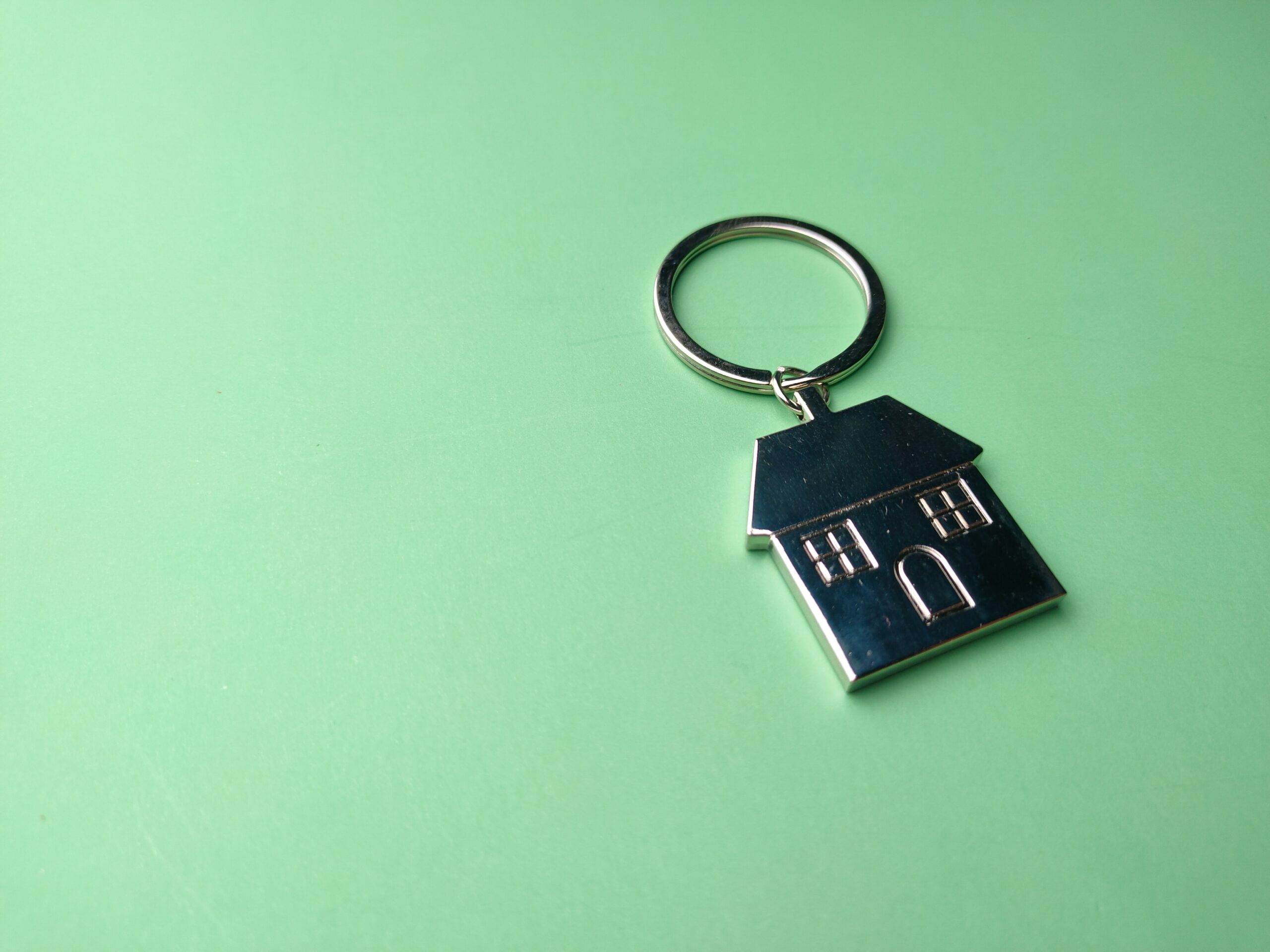
A deed is required any time ownership of real property (be that buildings or vacant land) is transferred from one person or entity to another. Deeds are legal documents that convey property ownership, and there are different types of deeds depending on what the grantor can or wants to convey. Each type of deed carries specific legal implications and provides varying levels of protection to the parties involved.
Regardless of the type of deed, Fla. Stat. §689.01 requires that the document be in writing, signed in the presence of two subscribing witnesses, notarized by the grantor and delivered to the grantee in order to transfer ownership.
Common Types of Deeds
Several types of deeds may be used in Florida real estate transactions. Before deciding which type is right for your situation, consult a real estate attorney who can advise you on your options based on your needs and best interests. Here are a few of the most common types of deeds used in Florida property transactions.
- Warranty Deed – A general warranty deed provides the highest level of protection to the buyer and is the most common type of deed in Florida residential real estate transactions. In this type of deed, the seller guarantees that they have clear title to the property and will defend the buyer against any claims to the title, even if the claim arose before the seller owned the property.
- Special Warranty Deed – With a special warranty deed, the seller only guarantees that they have not caused any title defects during their ownership of the property. This means the seller will defend the buyer against any claims that arose during the seller’s ownership but not against claims that existed before.
- Quitclaim Deed – A quitclaim deed offers the least protection to the buyer. In this type of deed, the seller transfers whatever interest they have in the property to the buyer without making any warranties about the title. Quitclaim deeds are commonly used in situations where the buyer and seller have a pre-existing relationship, such as transferring property between family members or divorcing spouses.
- Enhanced Life Estate Deed – Also known as the Lady Bird Deed, this unique type of deed allows property owners to retain control over their property during their lifetime while designating beneficiaries to inherit the property automatically upon their death without going through probate.
Understanding the different types of deeds used in Florida real estate transactions is essential for buyers and sellers to ensure they are adequately protected during the transfer of property ownership. Each type of deed carries specific legal implications and should be carefully considered based on the circumstances of the transaction. Work with an experienced real estate attorney and title company who can help you select the most appropriate type of deed for your situation.
Contact our Team at Sirulnik Law and ADS Title Services with Questions
If you have questions about buying or selling property in South Florida, get in touch with our team at the Law Offices of Alex D. Sirulnik, P.A. and ADS Title Services, Inc.



